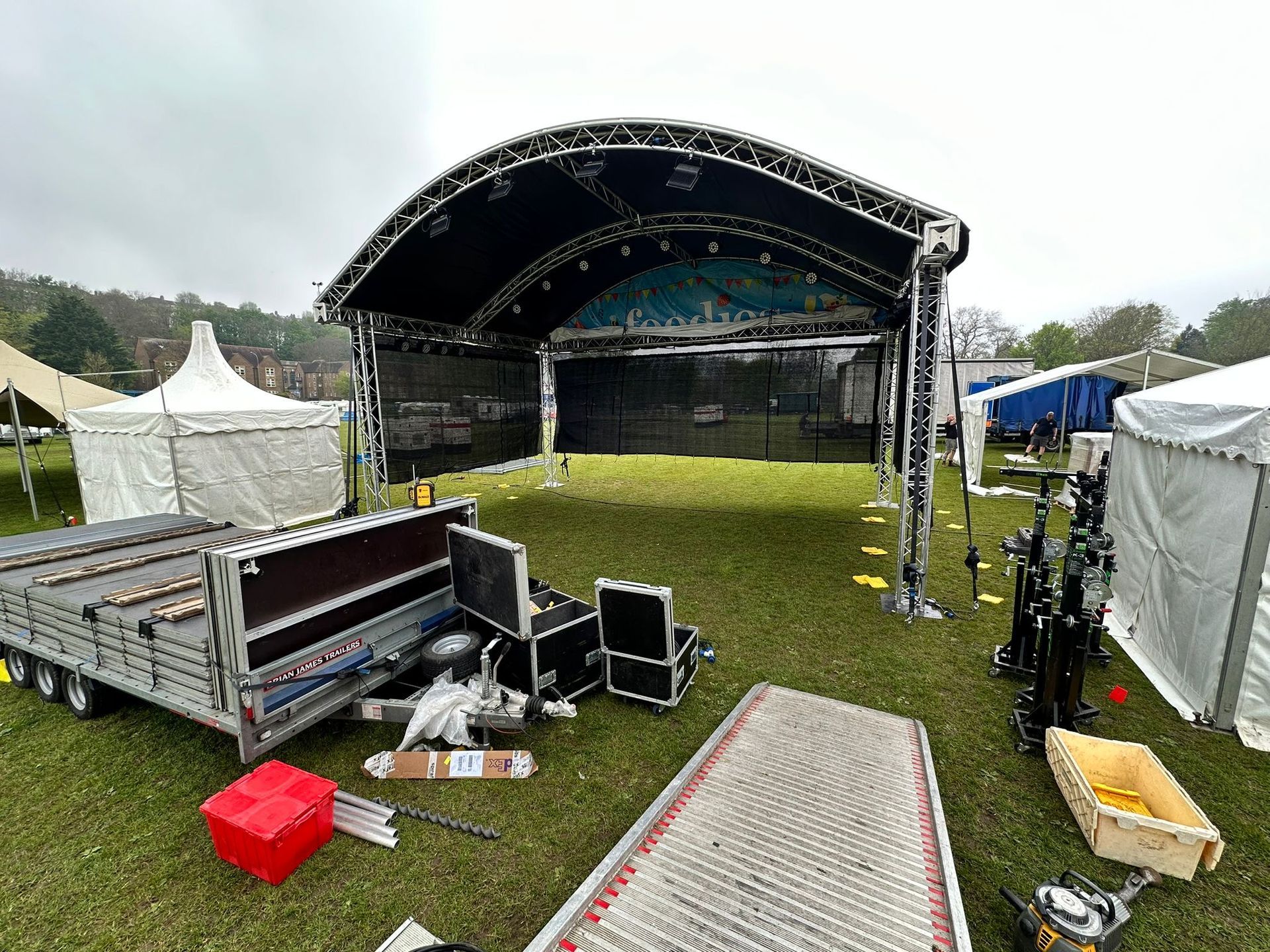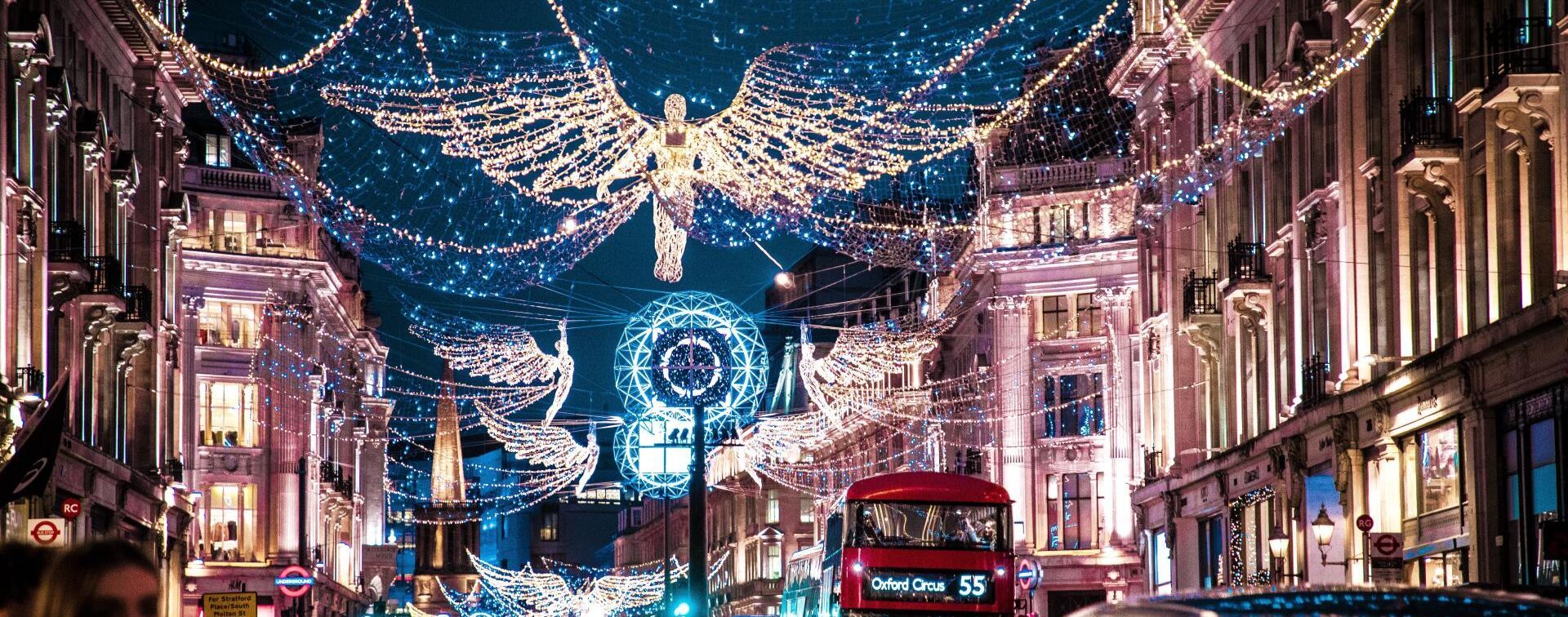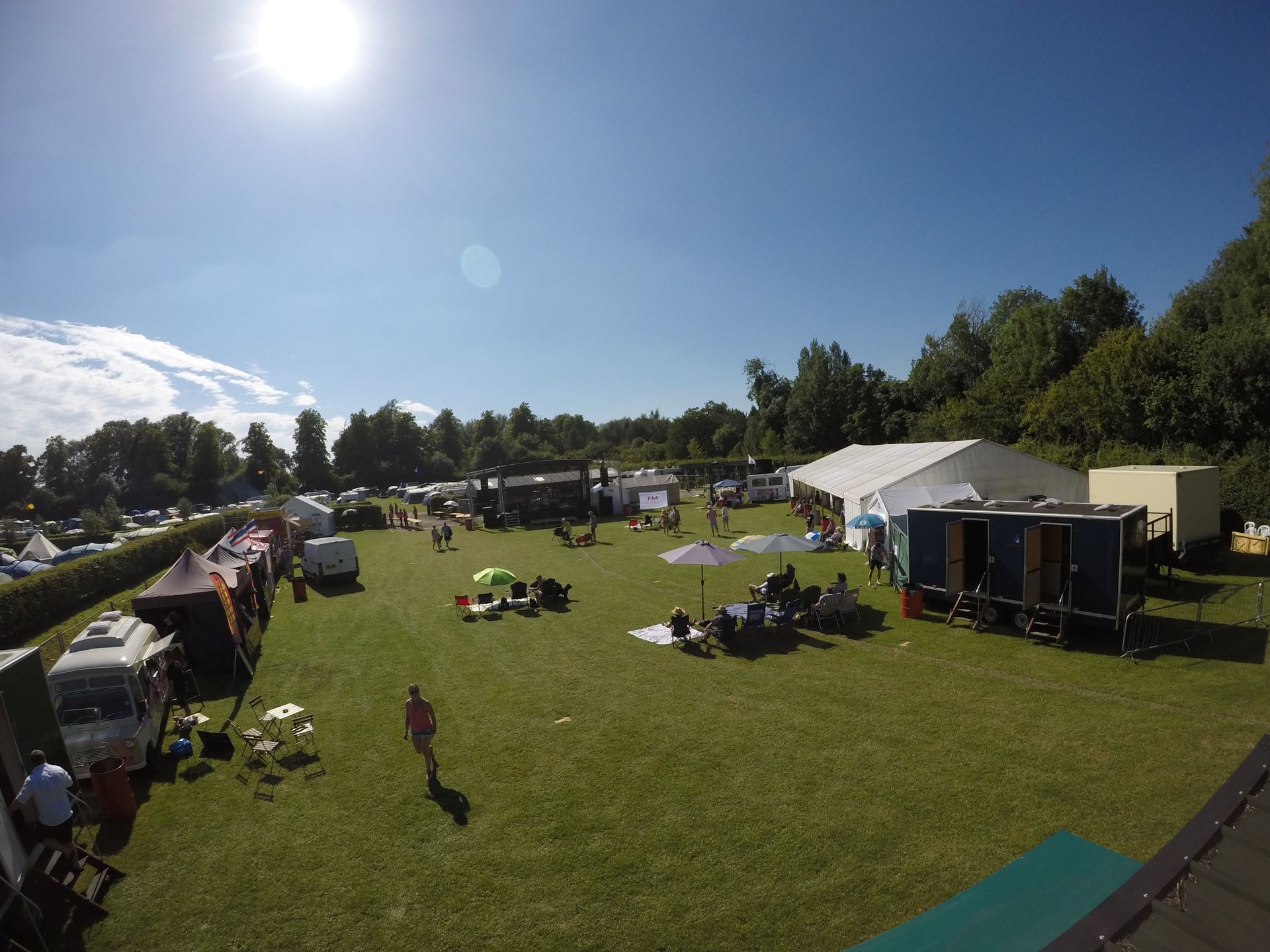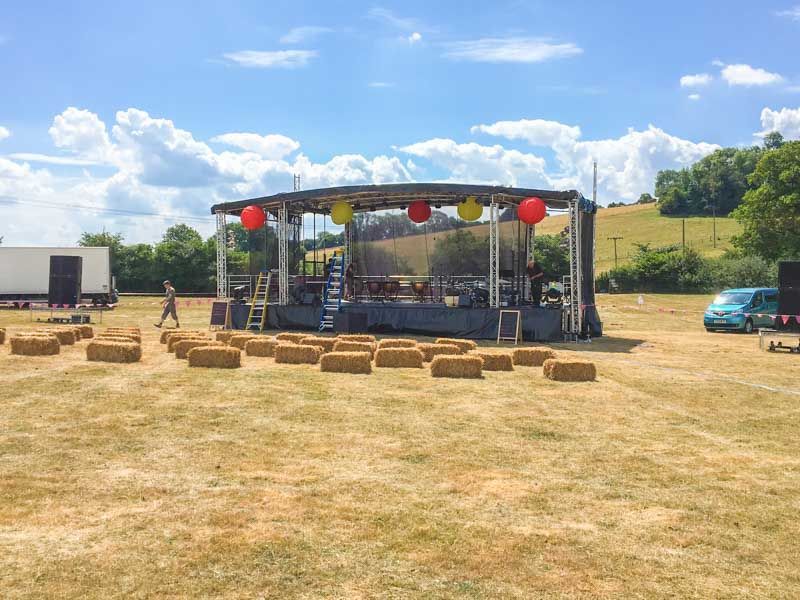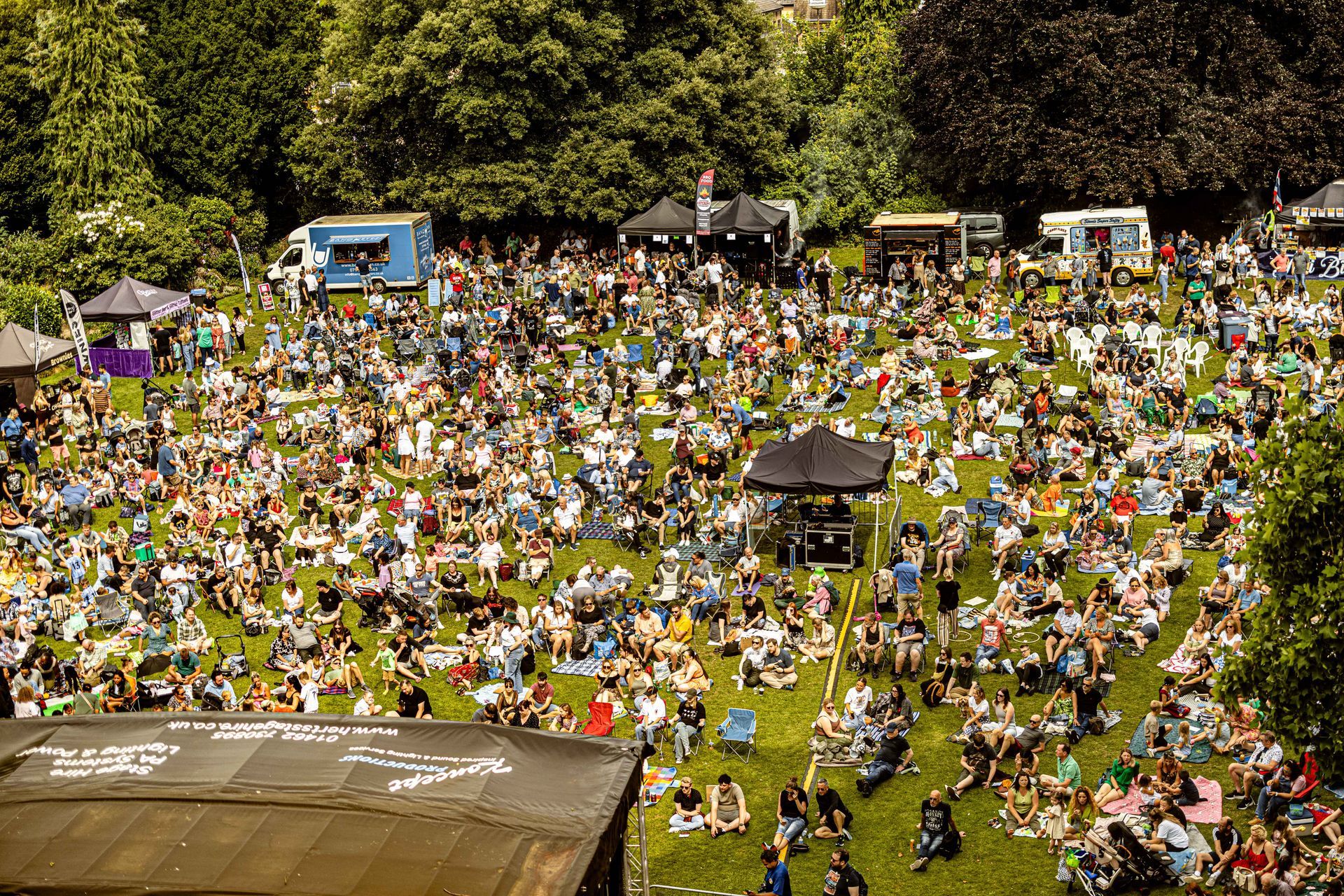Sophie
A guide to budgeting for your outdoor event with tips and tricks
The UK events industry is estimated to be worth £42 billion (Quadrant2Design), that’s a lot of money travelling between businesses to bring events to the customer. Planning your events budget should be at the forefront of your mind when you start your initial planning. A study found that budgets are particularly important in the planning and coordination process, keeping the organiser on track and not on the edge of financial ruin.
Outdoor events can be unpredictable, particularly in Britain where the weather is forever changing its mind. A solid budget, with a realistic view of what it will cost to put the event on, can save you headaches further down the line.
Whether you are organising a festival or a community event, keeping track of your finances, your limitations and your opportunities within that will help you pull off a great event, no matter the budget.
But where to start?
Events are multifaceted, there are lots of different areas you will need to consider to make sure you have covered all your bases. A budget is not just about expenditure, it’s about income too. How are you going to fund your event? At what stage will you have access to that money?

INCOME
Start by listing all the areas where you will have income streams, this includes ticket sales, personal contributions, loans, sponsorship, stall holders etc. If you have an idea of what each of these will be, write that down too.
Ticket prices can vary substantially depending on the event type, so do your research. Check out other events that are a similar size or offer a similar experience and see how much they are charging. Have an idea of how many people you are looking to have at the event and this should give you an idea of the income generated from ticket sales. Top tip – depending on your ticket sales platform you may only have access to your funds after the event, so you will need to consider carefully how to fund the event before then. If you receive the money directly, be aware that if the event is cancelled (due to the weather for example), you will need to refund your ticket holders.
Sponsorship is reported to be the primary source of income for events (Source Bizzabo) so don’t overlook this when considering your income. It could be a good idea to come up with some sponsorship packages, with gold, silver and bronze tiers. Approach local or national businesses to see if they would be willing to contribute.
Your stall holders will happily pay a pitch fee to attend your event, or you can take a base fee plus a percentage (this does rely on your stall holders being honest about their own income though).
Once you have your income listed, you can start on your expenses.
Remember, a budget is a living document, it changes and adapts as you move along the process, so don’t be too rigid or attached to these numbers as they will likely change.

EXPENSES
This is arguably the harder part of the two, especially if you don’t have previous knowledge of event budgeting. Eventbrite have put some guideline prices for you to have a look at, but it varies so much depending on the event that further research will be needed.
Our suggestion is to get in touch with contractors from each of the categories you think you will need and get some ballpark prices. You will have to make contact with most of them by phone or e-mail as events vary so much it’s hard to put guide prices on websites.
It also helps to have a clear vision of the event you want to organise, then you can scale up or down based off their prices and your income budget.
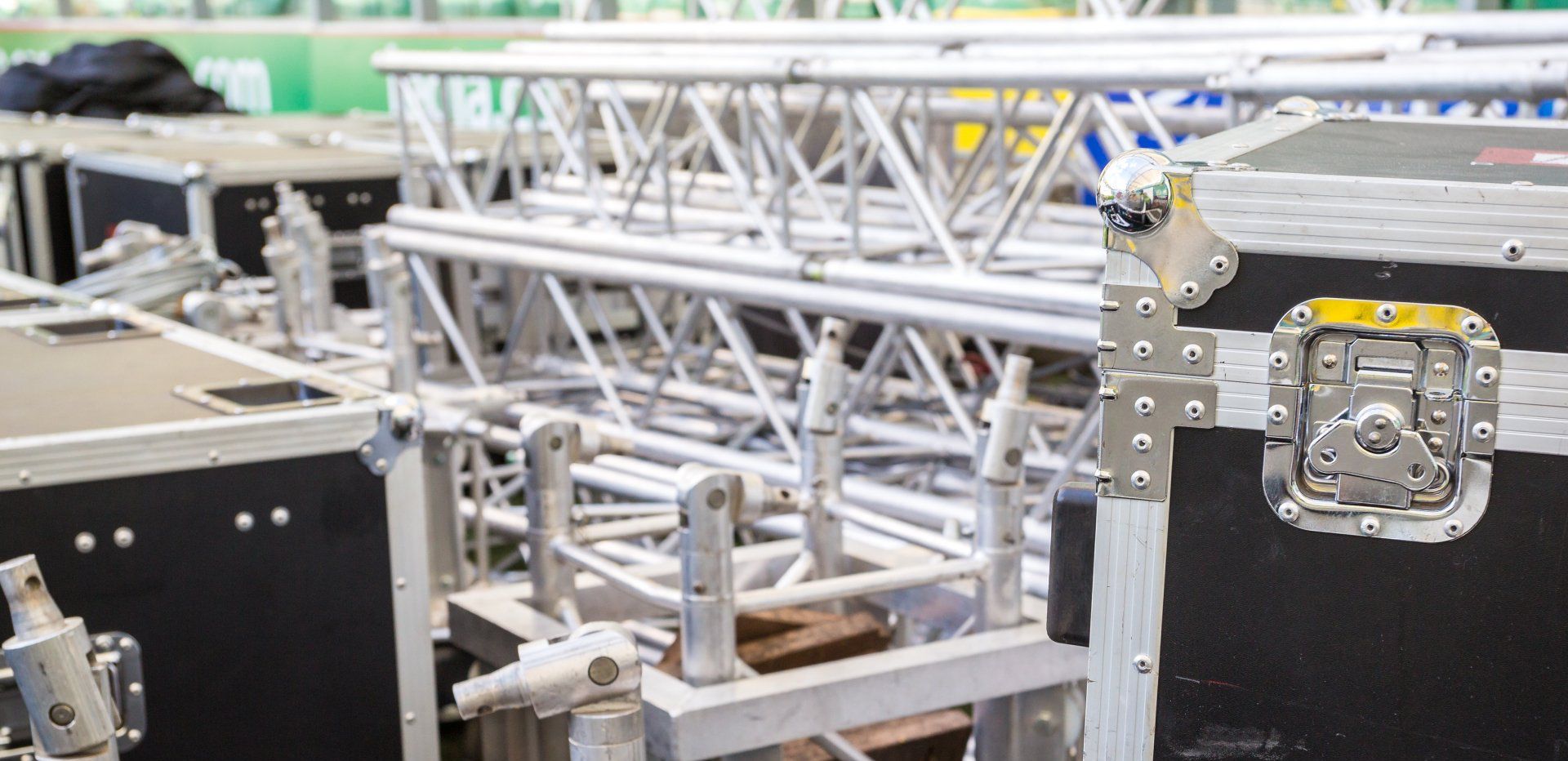
Venue
Your biggest outlay will be the venue. If you don’t already run or own a venue you will need to allocate a large chunk of your budget to this. (keep an eye out on our blog for our How to Find the Perfect Outdoor Venue post which is coming soon). Depending on the venue you select, they may charge by the day or by the weekend, some will include licenses, others won’t. Some may have facilities, like toilets and fresh water supply and others won’t. This all needs to be weighed up when assessing a venue as it will impact your costs in other areas.
Licensing
If your venue doesn’t have a license, you will need to get a licence to hold an event there. You can read more about the different types of licences you will need in our post Licences for Live Music Events. Each licence will have a fee attached and that will vary depending on the size of the event and what activities you plan on having. Get in touch with your local council to discuss this further.
Insurances
There are different types of insurances available for events but the main one is Public Liability, you won’t be able to run your event without it, so make sure you have factored that cost into your budget. You can also get events insurance which can cover a variety of things including inclement weather, cancellation for various reasons etc. Get a comprehensive quote to see how it fits into your budget then tailor to suit your needs. Don’t overlook it though, as mentioned below, if you cancel the event you will need to refund all of your ticket holders.

Advertising & Marketing
Your marketing and advertising budget is flexible, this will be down to how much you want to invest in promoting your event (this can have a direct impact on ticket sales and attendance so consider this carefully). Here are a few things you may want to consider – a website, radio ads, social media ads, influencer ads, billboards and banners, flyers and print marketing ads. You might also want to hire a photographer and videographer to cover the event so you have marketing materials for future years.
Security
This will be another chunk of your budget, with external threats and internal issues, having a decent security team is paramount. It can feel like a waste of money when nothing is going wrong, but you will absolutely need them when things start to go south. Get a team that know what they are doing and are experienced in working events of your size. They usually charge per person per hour, so assess when you will need them to arrive and how long you will need them to stay. Consider having them cover egress as well, because people rarely leave the minute the event is over. Consider what type of overnight security you will need if the event spans multiple days too.
Staffing
Unless you have a huge team of paid employees ready to volunteer their time, you will need to hire in event staff. This also comes at a cost, but there are companies out there that provide exactly that, event staff by the hour. Have a think about how many you would need to cover your event site and car park (you may opt to hire a traffic management company (check out Num8erTraffic to see what type of services these companies offer) if you are expecting huge numbers of cars too).
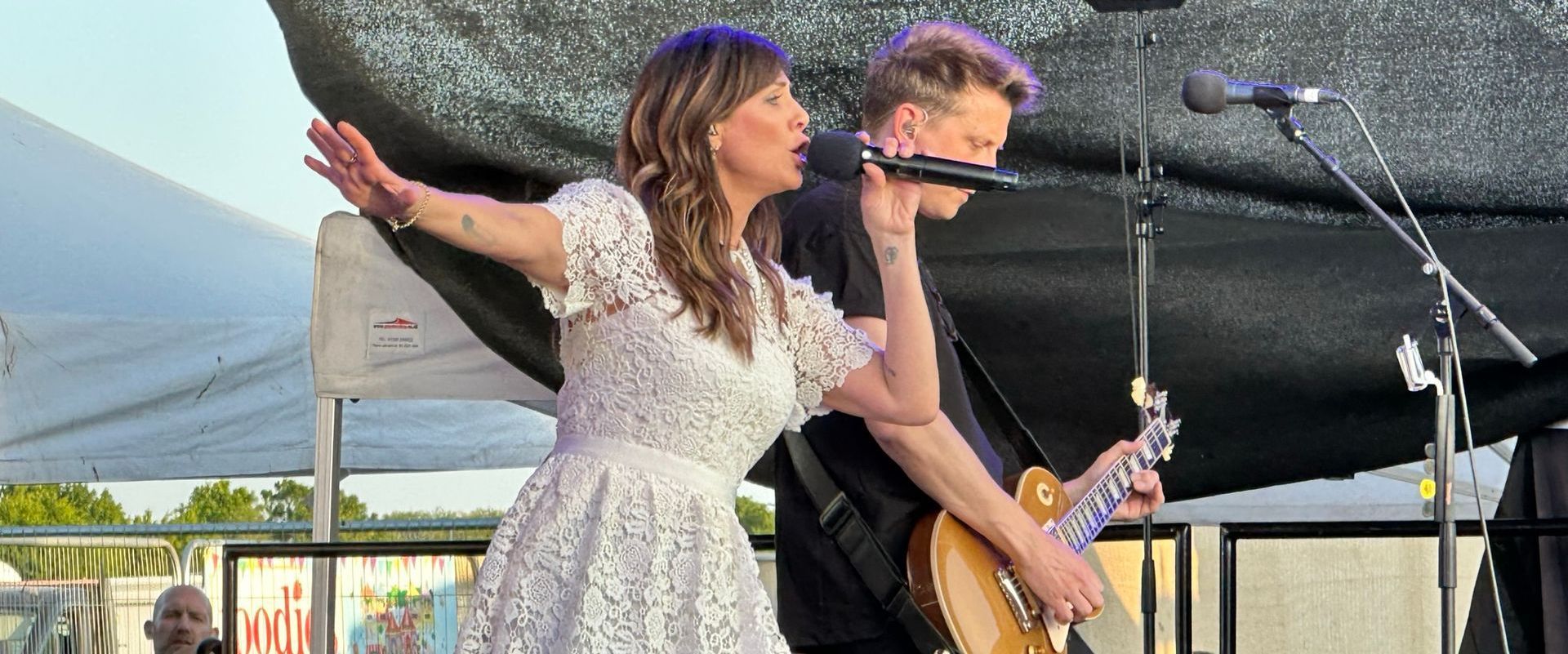
Entertainment
Your entertainment budget will be another flexible one, this will come down to how much income you can allocate to it once you’ve got all the basics in place. Talent and entertainment can vary wildly in cost depending on what you are looking for (we have a great post about sourcing your performers that you can read). If you are looking for small local acts it will cost substantially less than if you are looking for a named act or household name. We would suggest getting in touch with a booking agent, they will have lots of knowledge on costs and realistic prices for the acts you are looking for but don’t forget to budget for their fee too.
Facilities and Infrastructure
This will be another large chunk of your budget but without infrastructure you don’t have an event. You will need to consider stage, sound and lighting hire, toilets, first aid provisions, water and electricity supplies, marquee and tent hire, furniture hire (picnic tables etc), track matting and fencing. Each of these will come with a price tag that will vary depending on the size of the event and the number of attendees expected. We’ve put together a cheat sheet to help you gauge how much you could expect to pay for your stage, PA and lighting but if you need a more specific and customised quote, we’d be happy to help. We will also do site visits to help you plan your production and stage area, so get in touch today to see how we can help.
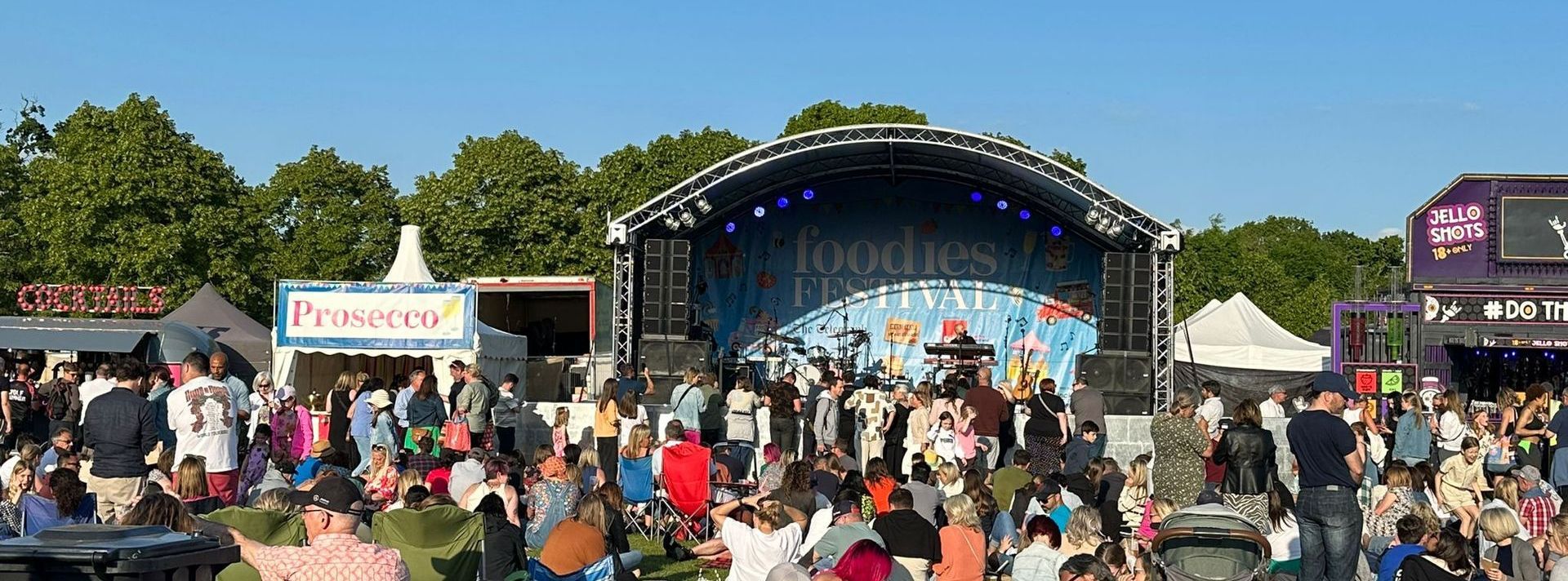
Contingency
We would suggest putting aside a contingency just in case you come across problems that will need additional spend to remedy.
Once you have all the figures you can play around with it to scale the event to something you can afford or find new income opportunities to make it the biggest and best event possible.

© 2024 All rights reserved Koncept Productions Ltd -
Terms & Conditions - Privacy Policy
Navigation
Services
Koncept Productions Ltd
Unit 11, Vision Business Park
Preston Place
Upper Caldecote
Biggleswade
Beds
SG18 9GQ
01462 529009
hire@konceptproductions.co.uk
Herts Stage Hire is part of the
Koncept Production LTD brand.
Covering Hertfordshire, Bedfordshire, Buckinghamshire and the rest of the UK.

